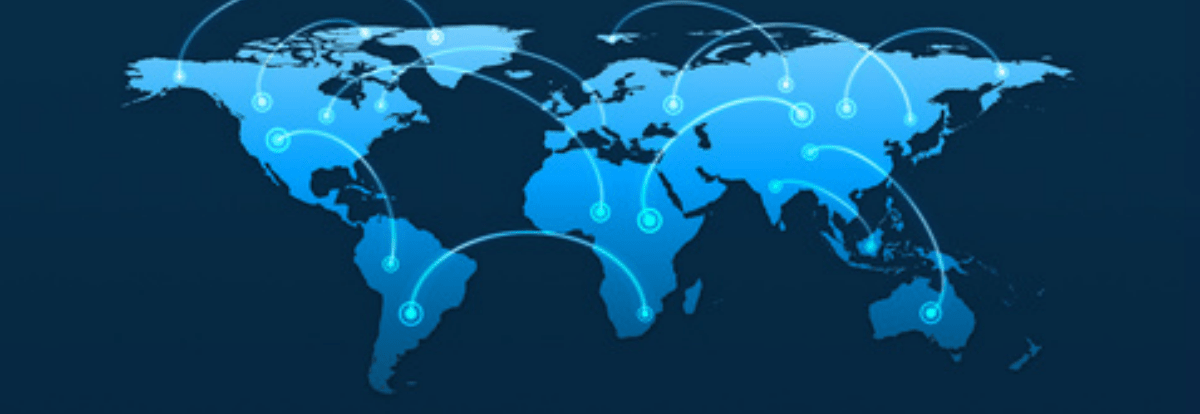Concerns have been raised about private cybersecurity firms putting the NHS at risk. We see NHS data breach claims all the time, so we can tell you from first-hand experience just how bad the impact can be for the victims, and that’s why this is an important subject to look at.
As the NHS continues to struggle under considerable financial constraints and budget cuts, outsourcing cybersecurity could look like an attractive option. But there has to be specialists in the NHS who understand the nature of the risks being faced, and too much outsourcing can do more harm than good.
There’s a reason that a huge proportion of the cases that we take forward involve the healthcare sector. They are a clear target for criminals, and the nature of medical data being so personal and sensitive can have a far greater impact on the victim.
Read More








